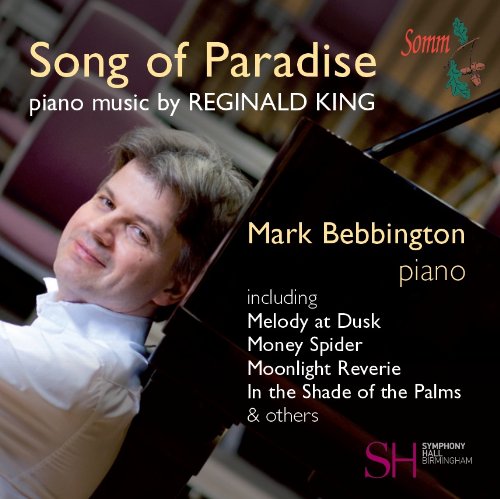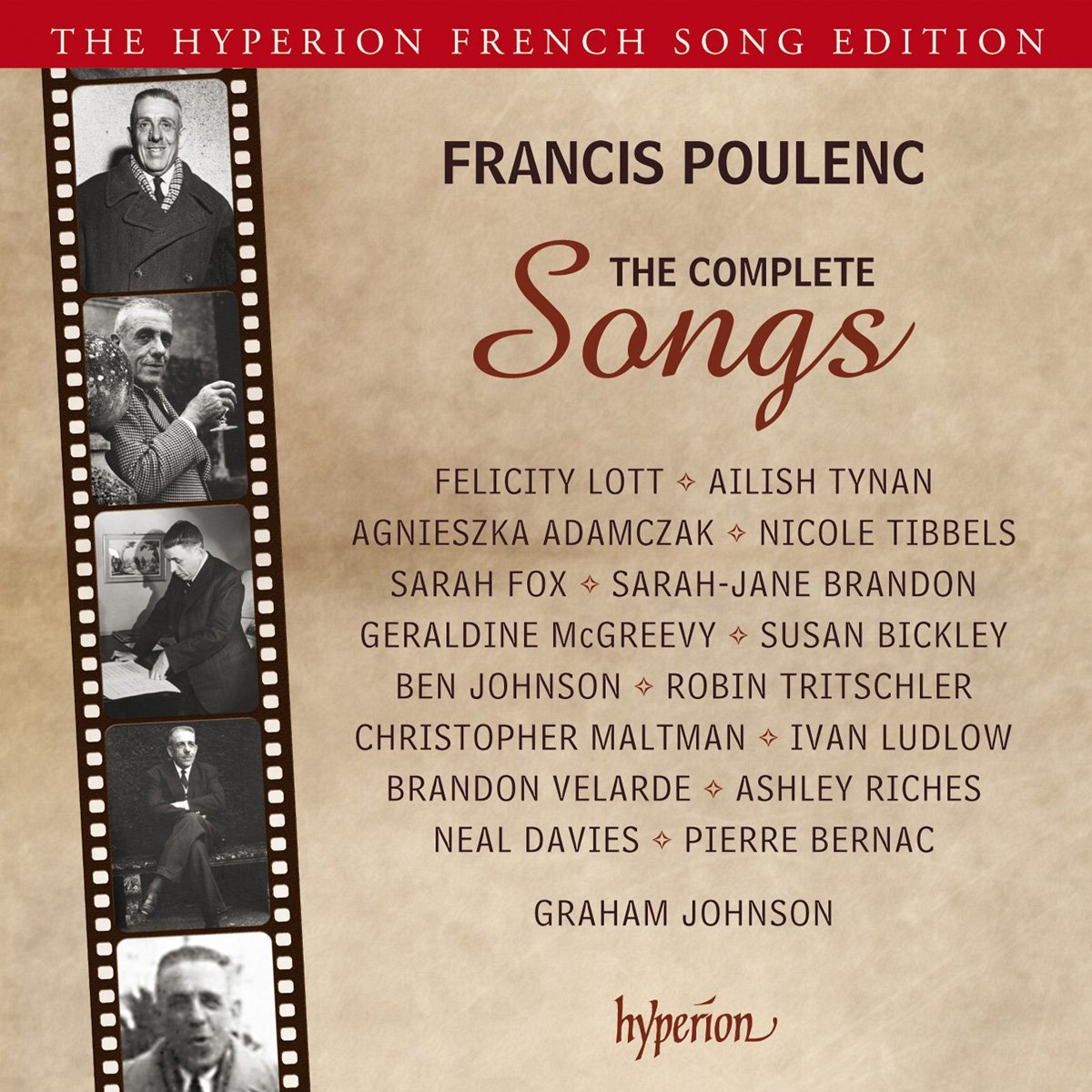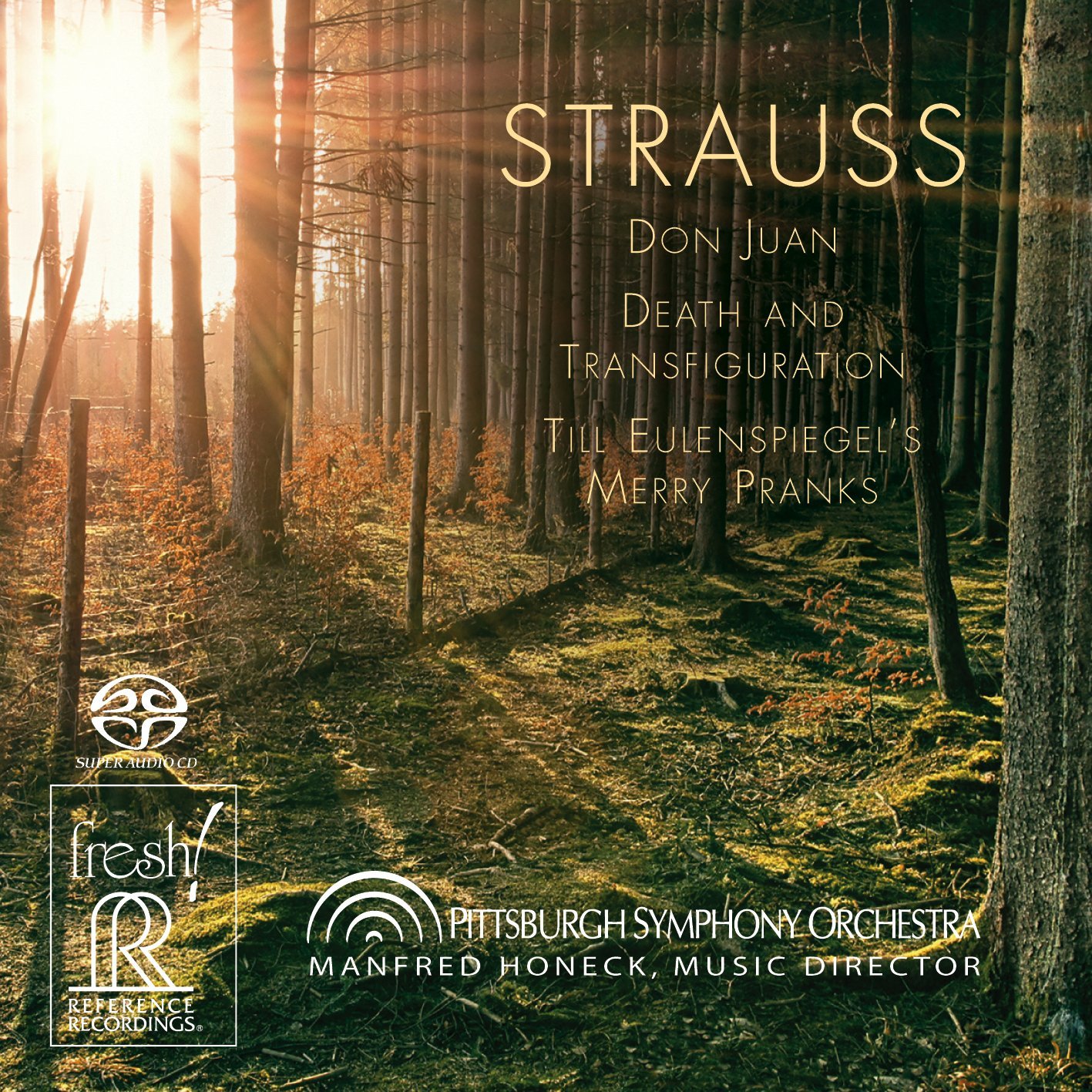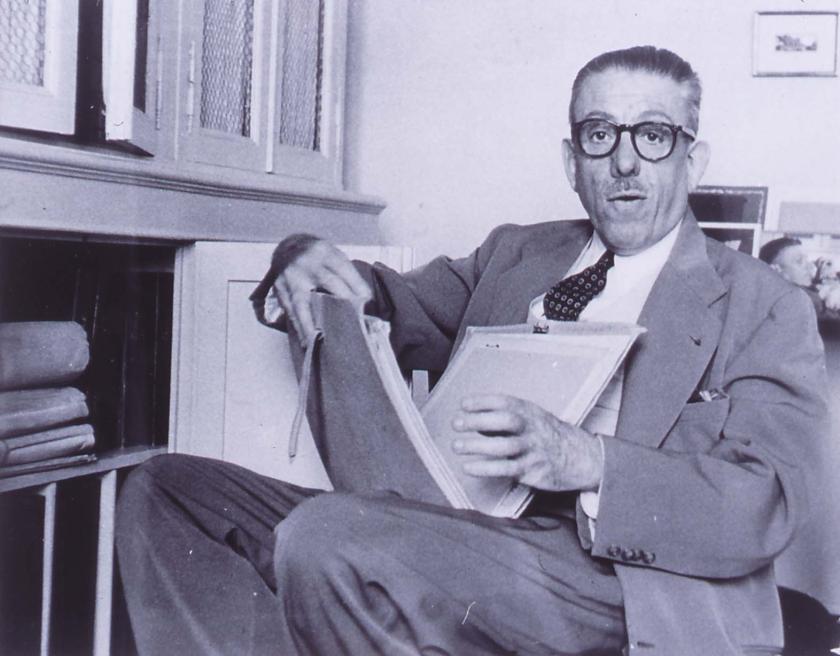 Song of Paradise: Piano music by Reginald King Mark Bebbington (Somm)
Song of Paradise: Piano music by Reginald King Mark Bebbington (Somm)
Reginald King (1904-1991) was a child prodigy, and taught at the Royal Academy of Music in the 1920s. In 1927 he formed a light orchestra to play in the restaurant of a West End department store. He broadcast for the BBC regularly between 1929 and 1964, by which time popular tastes were shifting decisively away from "light" music. King’s talents as a composer and conductor were praised by Elgar, and he devoted his final decades to composition. There’s a nice anecdote in Alan Hughes’s sleeve note, describing how King arrived unannounced in Hughes’s Sheffield piano showroom in the 1980s to book a piano tuner, only recognized by the delighted proprietor after he’d sat down at a keyboard and begun to play. This recital of piano miniatures won’t prompt anyone to reclaim King as a forgotten genius, but Mark Bebbington’s persuasive, stylish playing will provide close to 80 minutes of polished entertainment.
King’s wistful signature tune, Song of Paradise, sets the tone. It’s a piece of quietly delectable salon music, though suggesting a world of Horlicks, crackly radio reception and boiled vegetables. Occasionally there are flashes of wit and colour which suggest that King was aware of wider musical developments – pieces like Money Spider and In the Shade of the Palms have an engaging, louche charm. Windflowers and Pierrette on the Balcony will raise a smile. Escapist fun, handsomely performed and recorded.
 Poulenc: The Complete Songs Various vocalists, Graham Johnson (piano) (Hyperion)
Poulenc: The Complete Songs Various vocalists, Graham Johnson (piano) (Hyperion)
Diving into this four-disc anthology may look like a daunting proposition. That the experience is fascinating, moving and enjoyable is as much to do with the performances as it is to accompanist Graham Johnson’s clever programming, with the songs sorted thematically into four groups and sequenced chronologically on each disc. We can appreciate more clearly just how fertile Poulenc’s middle period was, and can trace the elegant unwinding of the later years. Johnson writes of Poulenc’s "gentle dimuendo", and it’s hard to stifle a tear at the sublime, pppp coda of the final song, Lune d’avril. Poulenc sceptics will be impressed by the composer’s stylistic range, from pastiche chanson to spiky neo-classicism.
Especially enjoyable is the final disc, subtitled Fancy. Soprano Susan Bickley is superb in Poulenc’s early Poèmes de Ronsard – sparky settings of Renaissance poetry, and Ashley Riches has fun with the better-known Chansons Gaillardes. The Huit Chansons Polonaises, sung by Agnieszka Adamczak, pay oblique homage to Poulenc’s beloved Chopin. There’s not a weak link among the vocal cast, and there’s even a cameo from the great Felicity Lott. A wonderful bonus is the inclusion of a 1970s BBC taping of Babar, narrated with impeccable grace and wit by Poulenc’s long-time recital partner Pierre Bernac. Johnson’s accessible, comprehensive notes deserve to be published in book form, and Hyperion generously provide full texts and translations. These songs will comfort the most jaded of palates, and this box set contains enough riches to sustain a lifetime’s listening. In Johnson’s words, Poulenc’s music “has seemed dark and joyous, accessible and remote, imperishable yet infinitely fragile, and now it is in the hands of a younger generation.”
 Richard Strauss: Don Juan, Death and Transfiguration, Till Eulenspiegel Pittsburgh Symphony Orchestra/Manfred Honeck (Reference Recordings)
Richard Strauss: Don Juan, Death and Transfiguration, Till Eulenspiegel Pittsburgh Symphony Orchestra/Manfred Honeck (Reference Recordings)
There’s an incredible elasticity and flexibility at work here. Manfred Honeck’s interventionist, hyper-romantic approach to three of Strauss’s most accessible tone poems pays enormous dividends. This Don Juan is expansive but impulsive, and Honeck isn’t afraid to tinker with Strauss’s orchestration – accentuating a stopped horn snarl, or making the violins play a metallic, shuddering ponticello as the hero dies. Everything sounds stupendous – this has to be the best-played, best-recorded Strauss anthology for years. You hear this at the start of Till Eulenspiegel, the strings’ introduction preparing us for the most characterful of horn solos. The first few notes are deliberately hesitant, cautious, as if Till’s glancing around, making sure that the coast is clear. Strauss’s scoring here is more mercurial, and Honeck’s lightness of touch always accentuates the humour. As Till is sentenced to death, Honeck has the D clarinet play a crucial squeal for mercy an octave higher, at last rendering it audible.
Death and Transfiguration’s halting opening is beautifully done – the wind chords impeccably tuned and the stuttering timpani rhythms just loud enough to be heard. Even Honeck’s skills can’t hide the work’s longeurs – Till and Don Juan succeed brilliantly because they’re so concise. Strauss’s debt to Tchaikovsky’s Romeo and Juliet is clear in the faster music, but the rather protracted final section couldn’t have been composed by anyone else. Honeck’s players project with such chutzpah that any resistance is futile. A magnificent achievement.














Add comment